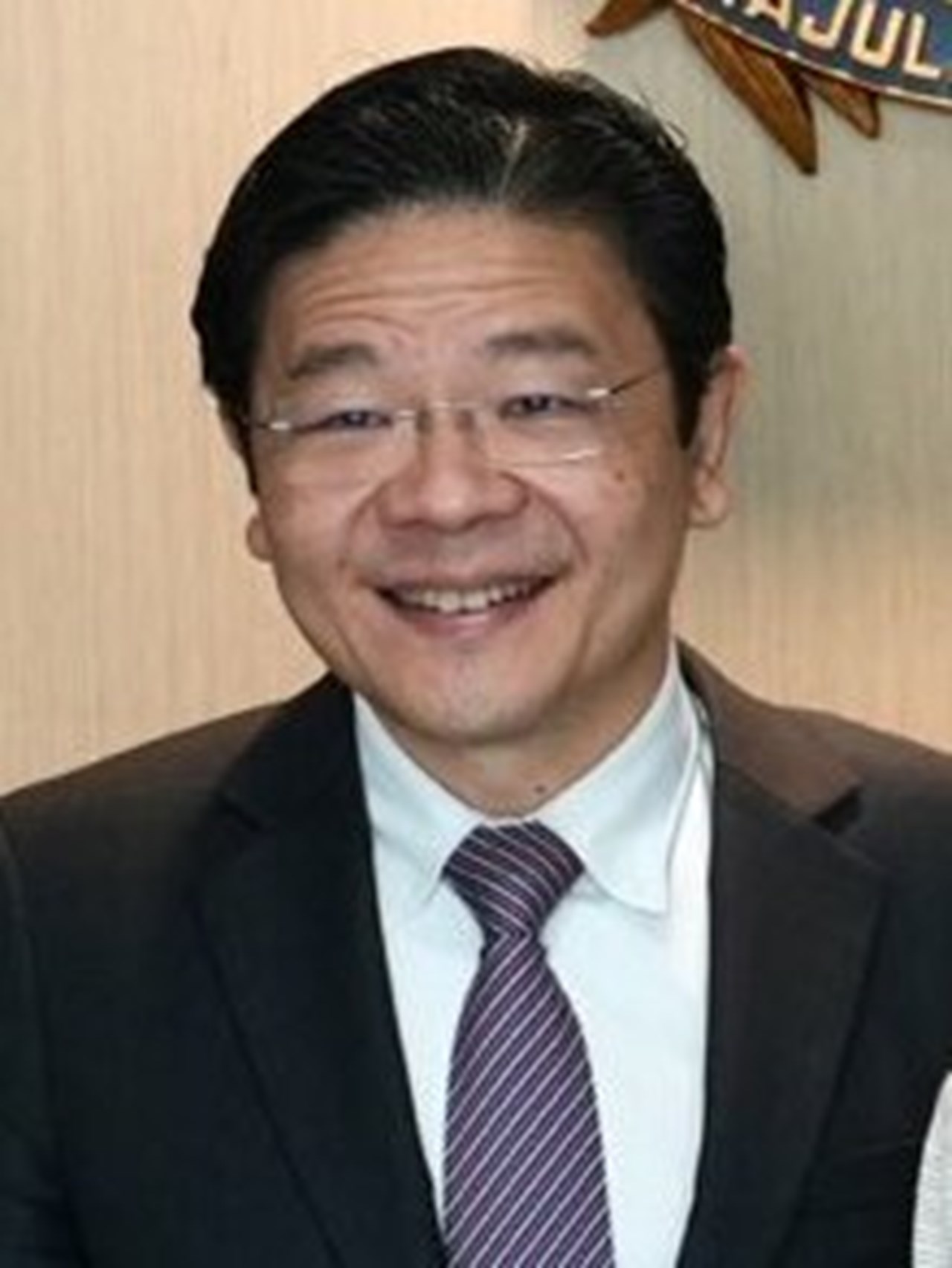Singapore: Singapore is considered a “prized target” by terrorists who have been increasingly targeting youths, Deputy Prime Minister Lawrence Wong said on Wednesday, underlining the need to have strong community leaders to inoculate Singaporeans against extreme ideologies.
Speaking at the Religious Rehabilitation Group’s (RRG) 18th annual retreat, Wong said that while terrorism may not be at the top of many Singaporeans’ minds, the threat of radicalism and extremism remains high.
“This includes Singapore, which is considered a prized target by terrorists. There is a need to inoculate Singaporeans against extreme ideologies,” Wong was quoted as saying by Channel News Asia.
The RRG was formed in 2003, after Singapore authorities arrested members of the Jemaah Islamiyah group.
Global terrorist groups like ISIS (Islamic State of Iraq and Syria) and Al-Qaeda continue to rebuild their strength and “remain determined to sow disorder and chaos” by conducting attacks in other countries, said Wong.
The groups have become more sophisticated at using digital platforms like social media to spread propaganda and incite followers to conduct attacks.
“This has not only made extremist material easier to access, but it has also accelerated the process of radicalisation to a matter of months, or even weeks, because all of this now takes place behind a computer screen and it is much harder to detect,” he said.
He said that terrorist groups have been increasingly targeting youths who are more impressionable and susceptible to influence.
Apart from traditional social media channels, they have started to exploit online music streaming sites and gaming platforms that are popular with young people.
Since 2015, the Internal Security Department (ISD) has issued ISA orders to 11 self-radicalised Singaporeans below 21. Some of them started their process of radicalisation from as young as 14 years old, he noted.
Before 2015, there was only one case of youth radicalisation.
“The threat has also gone beyond Islamic extremism because we have seen a broader range of radical extremist and violent groups active in spreading their ideologies online,” said Wong.
For example, one of the 11 youths was a 16-year-old Protestant Christian who had planned to conduct attacks against Muslims at two mosques in Singapore, after he imbibed far-right extremist ideology, he pointed out.
“What all this means is that extreme and violent ideologies can radicalise any Singaporean, regardless of age, regardless of race or religion,” said Wong.
“And this has serious implications for our society. The extremist and terror threat is far more insidious now, it can reside within our own communities. It will seek to exploit our racial and religious differences in attempts to divide us.” It will not be possible to “completely insulate” Singaporeans from everything online, said Wong.
“So, our approach must be to inoculate Singaporeans against extreme ideologies,” he added.
“This is not something that the government or enforcement agencies can do alone. To succeed, we will need everyone to do their part. We need active and vigilant citizens who will all contribute to the safety and security of Singapore in their own ways.” People must be equipped with the knowledge to identify and challenge extremist ideas, and spot indicators of radicalisation so they can seek help for family members or friends, said Wong.
Singapore must also evolve its rehabilitation methods so that it can help detainees to rejoin society, he added.
Almost 90 per cent of about 140 Singaporeans who were dealt with for terrorism-related activities have been successfully reintegrated into society, including 53 of 58 ex-members of JI.






